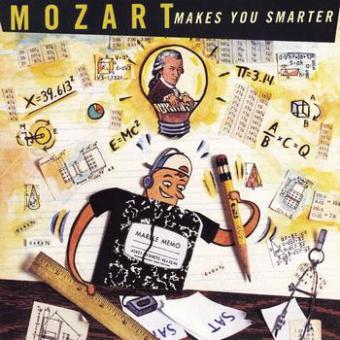
Yes, there have been a lot of silent days at the RoeDeo lately, but not for lack of anything to say; been busy lately in some computer-less pursuits, such as constructing the new World Wide HQ. Lots to post about, but to Break The Silence, let me point you to a fascinating conversation going on over at Artsjournal.com called Engaging Art: A Public Conversation, timed to coincide with the upcoming American Symphony Orchestral League conference in Nashville, and with a new book called Engaging Art: The Next Great Transformation of America’s Cultural Life. Some deep thinkers involved in the group blog, including some names found in the blogroll to your left, as well as some utterly fresh and frothy (to me anyway) personalities. Like Vanessa Bertozzi, who in her first post taught us about Steampunk. And the Hewlett Foundation’s Moy Eng. And Molly Sheridan of NewMusicBox and CounterstreamRadio.org, who writes (in part) in a provocative post called What if Video Saved The Radio Star?:
I‘ve been wondering if we’re getting carried away by this “broadband is changing everything” supposition. I’m under 30. Too old for Facebook, perhaps, but young enough to have made my only career out of online content delivery. Yet I still buy tickets to real plays, museums, and concerts, even if I make the purchase online because I followed a link from flavorpill.
If the little sphere I walk around in indicates anything, the technology isn’t dictating a drastic overhaul in what artists want to create or cultural consumers want to experience at the base level–no fundamental truths about the human condition have been nullified by the clips posted on YouTube. (Yet, anyway.) What current circumstances are forcing is a massive overhaul in access. Right now, you can go back and experience that video whenever you want, whether or not MTV ever broadcasts it again. You can adapt it. You can see what they’re doing to it in Japan.
In the chaos this explosion is currently creating, the traditional institutions that will step to the fore are the ones willing to truly learn the language and concentrate on how they can grow and position themselves to lead the pack. Because yes, after years of massive domineering corporate control, maybe we’re a little punch-drunk on the power that we’ve gained to create and promote the art we love, regardless of the $$ potential.
Creative culture is more a part of the everyday lives of Americans because they are being encouraged to create. Isn’t this what we wanted? But so far it still takes a name like Will Ferrell to make it profitable online. No matter how great access to 6 billion options sounds, we’re paradoxically on a hunt for the cream and access has made us very tough critics. This is where our established institutions can take their street cred and step into the fray.
Besides being a bang-on observation, Molly’s post (since I followed all the links) pulled up from within the deep recesses of the RoeDeo brain the original pre-MTV version of that song, which got a lot of college-station and alt-rock airplay Back In The Day…by the now-long-forgotten Bruce Wooley and the Camera Club.
Haven’t heard the original in decades, (Thomas Dolby, interestingly, played keyboards in the band) but as I recall it was a lot more earnest, better sung, and a lot less gimicky than the subsequent Buggles version (a/k/a That Video). But of course no one remembers that because it didn’t have any pictures; it was just …. on the radio. How’s that for irony? (I wonder if it thereby qualifies Bruce Wooley as the first radio star killed by MTV? And what did they know in 1979 that the rest of us didn’t that indeed here in the Digital Age there really is no such thing anymore as “rewind”?)
On a more substantive basis, more on the Engaging Art thread as it develops…










